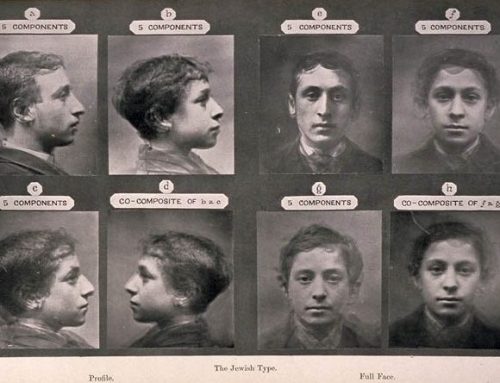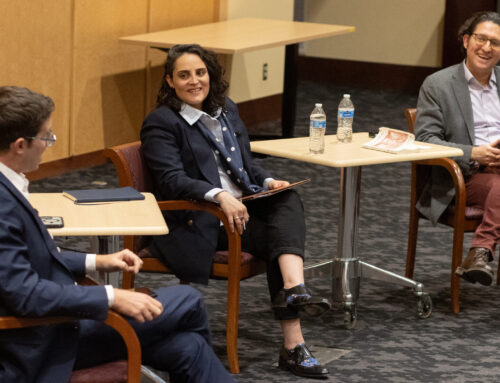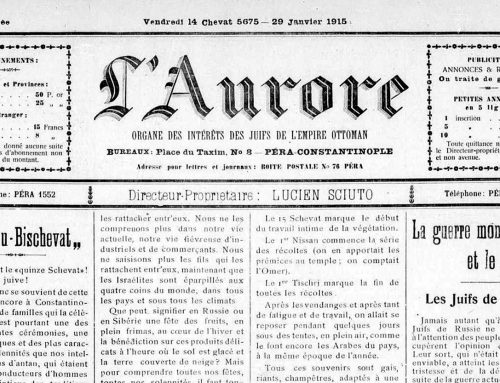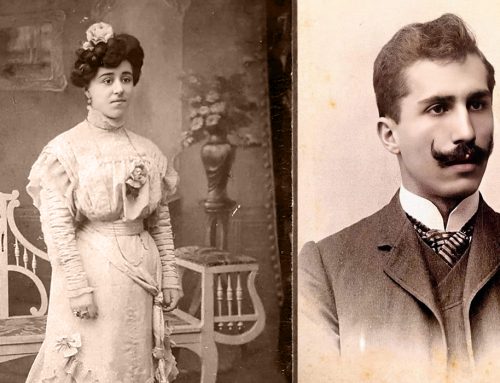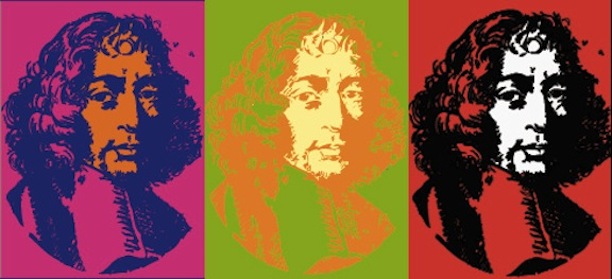
The many faces of Baruch Spinoza, whose reentry into the Jewish community was recently debated. Image via Presseurop.
Nadler lists some of Spinoza’s doctrines; these are at odds with traditional Judaism, and therefore—he argues in his post—we ought not rescind the ban:
“
But we could identify prominent not-excommunicated Jews (in history and today) who hold each of these doctrines—including religiously observant Jews.
And so we might challenge Nadler, we might wonder when Judaism became a religion that so prized doctrinal purity. There is a historical answer: Spinoza’s community was then struggling to re-integrate Jews who had practiced secretly because of the Inquisition, refugees from Spain and Portugal. That community was struggling to restore Jewish practice, and as a result there was particular concern with Jewish identity. But why should these considerations be relevant today, why should these considerations continue to justify the excommunication?
We might also question Nadler’s recent decision on historical grounds. The act of excommunication makes reference to Spinoza’s “evil opinions and acts” without specifying them. Some historians think the reasons here were more political than philosophical.
But I want to pursue another thought.
Excommunication was a very common sanction in Spinoza’s community. That sounds odd to us, and we might wonder how a Catholic practice became so widely used in that particular Jewish community. But that question aside, Spinoza’s case is distinguished by the harshness of the decree—“may the Lord blot out his name from under the sky and separate him from all the tribes of Israel with all the curses of Heaven that are contained in this book of the Law”—and by the fact that Spinoza accepted it, even welcomed it, and left.
The question for us today should be this: how do we become a Jewish community that Spinoza would want to return to?
Spinoza himself might not be interested, but we should be. Here’s why:
Spinoza represents and is in part responsible for modern political liberalism, which includes our commitment to human rights, democracy, and the separation of church and state. Shouldn’t Jewish thought, belief, and practice be consistent with those philosophical commitments? Spinoza wrote thoughtfully and provocatively on a number of topics, theological and others. Shouldn’t we have space for that?
This is the question for me because—despite the anachronistic image—I, for one, would welcome the chance to sit next to Spinoza at synagogue services.
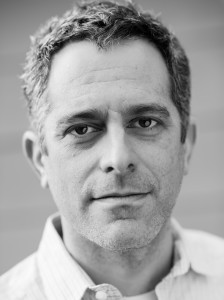 Marc A. Cohen is an Associate Professor at Seattle University, where he holds a shared appointment in the Department of Management and the Department of Philosophy. His academic work concerns ethics, moral psychology, philosophical theology, and general questions in social philosophy about what makes society more than an accidental crowd.
Marc A. Cohen is an Associate Professor at Seattle University, where he holds a shared appointment in the Department of Management and the Department of Philosophy. His academic work concerns ethics, moral psychology, philosophical theology, and general questions in social philosophy about what makes society more than an accidental crowd.
More on Spinoza from the UW Stroum Center for Jewish Studies:
“Is Spinoza Good for the Jews?” – Video from Prof. Michael Rosenthal’s JewDub Talk (Nov. 7, 2013)
“Spinoza’s Legacy, Truth, and Ice Cream” – Blog post by Prof. Noam Pianko (Aug. 13, 2012)



